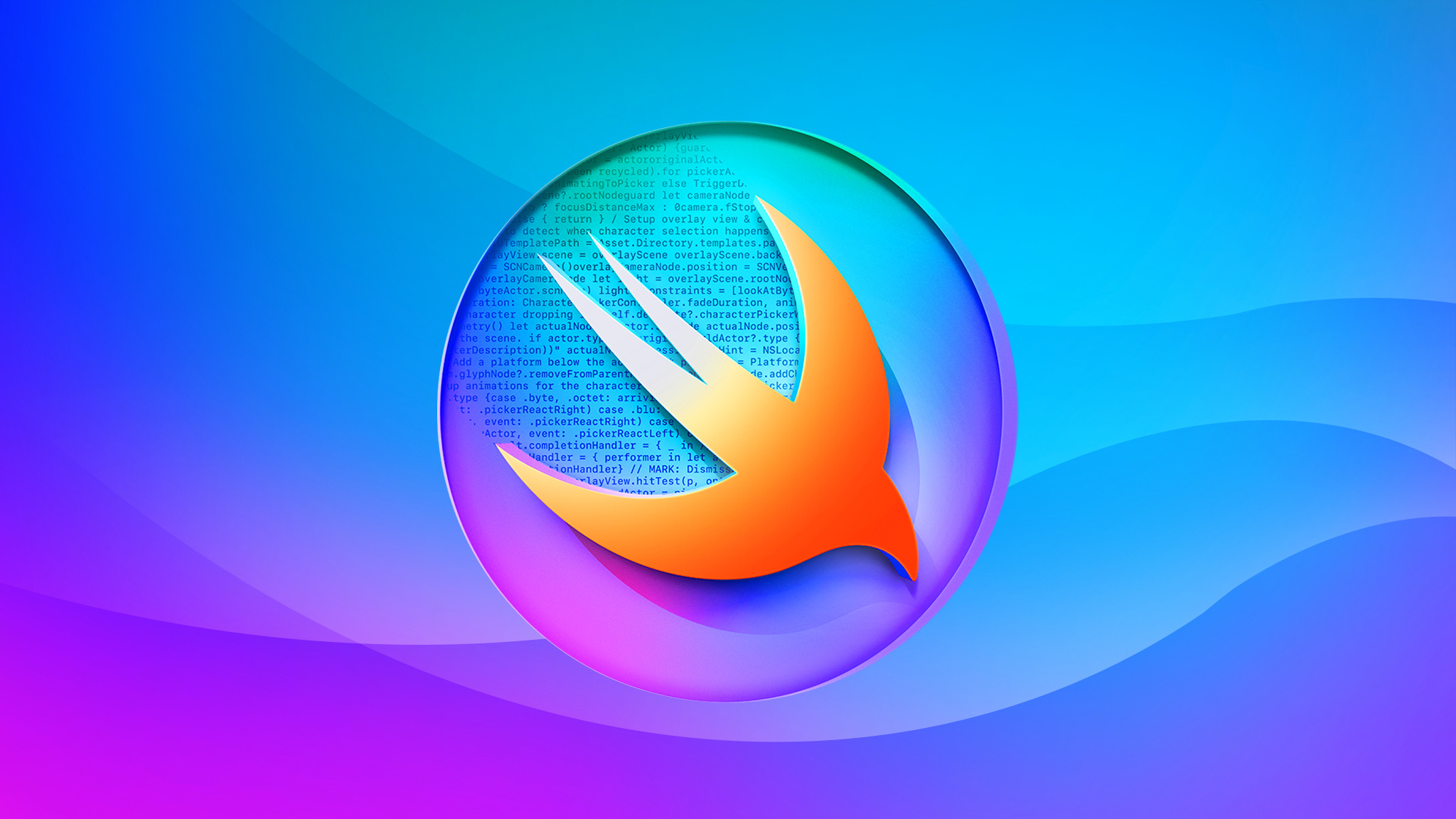
Apple's Swift programming language is now being officially extended to support Android app development through the establishment of a dedicated Android Working Group within the Swift open-source project.

Originally introduced by Apple in 2014 as a modern programming language for iOS, macOS, watchOS, and tvOS, Swift has since expanded to include official support for Linux and Windows. The Swift project this week announced a formal effort to support Android as a target platform, enabling developers to use Swift to build applications for Google's mobile operating system using official tooling and infrastructure.
According to the Swift forums, the Android Working Group's charter outlines a clear set of responsibilities aimed at integrating Android into Swift's officially supported platform ecosystem. These include ensuring Swift can be compiled and run on Android without relying on unofficial forks or downstream modifications, enhancing Swift's standard libraries for better compatibility with Android APIs, and introducing native tools and workflows for developers targeting Android using Swift.
Historically, developing Android applications using Swift has been possible only through third-party solutions such as the Scade framework or via custom toolchains created by individual developers. These approaches often required a significant amount of custom configuration, lacked full support for Android APIs, and introduced maintenance burdens due to compatibility issues with new Swift releases.
One of the primary initial goals is to improve support for Android in the official Swift distribution, removing the need for out-of-tree patches or community-maintained forks, including establishing proper toolchain integration for Android targets and obtaining consistency with other officially supported platforms. The working group also plans to recommend enhancements to core Swift libraries, such as Foundation and Dispatch, so they better align with Android platform conventions and behaviors.
Android app development is currently dominated by Kotlin, which was announced as Google's preferred language for Android in 2017.
Article Link: Apple's Swift Working to Support Android App Development

